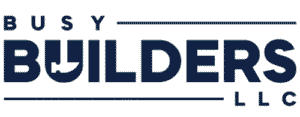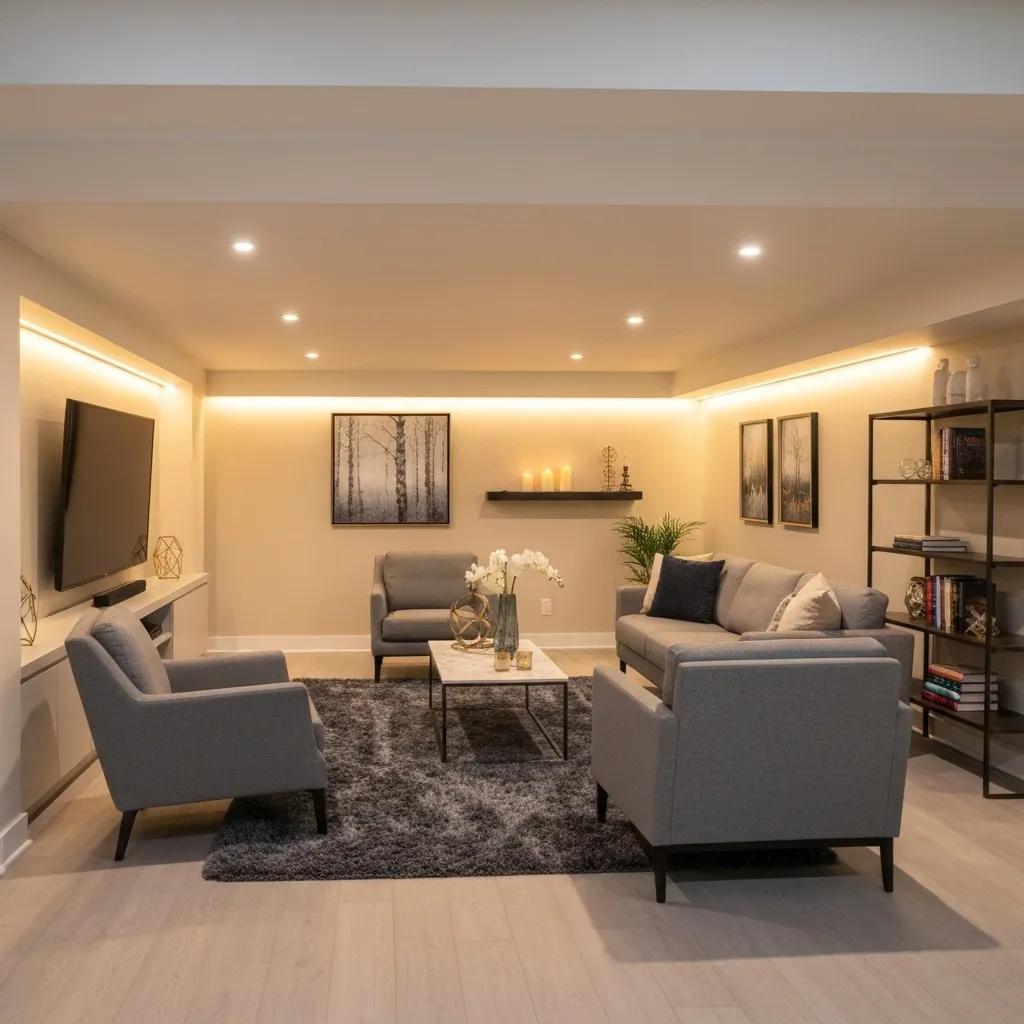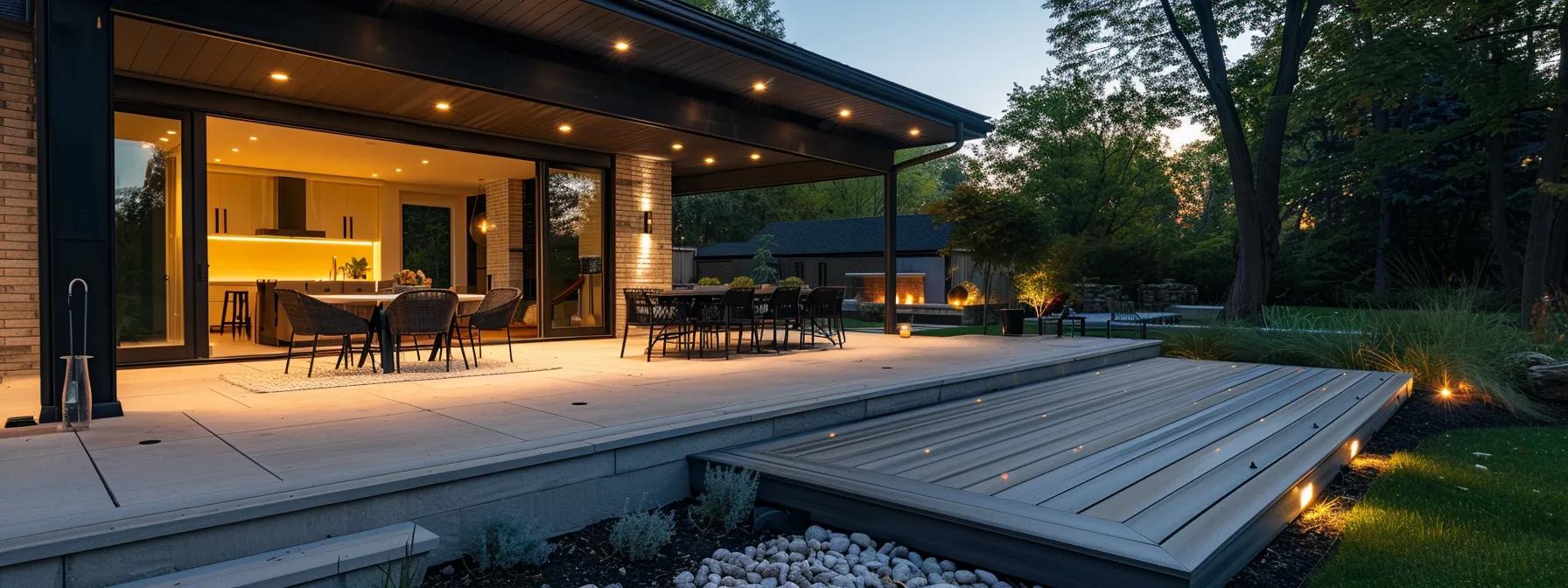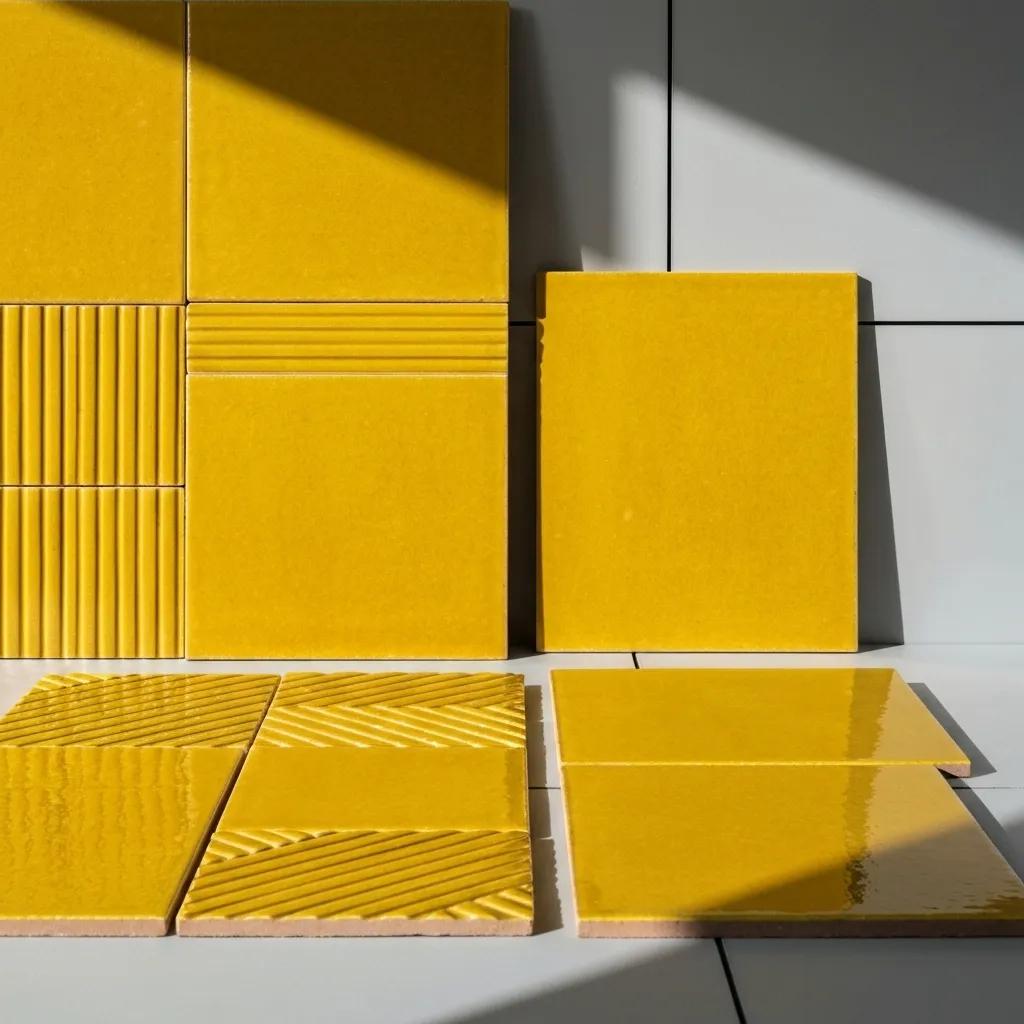
Building Materials Costs Comparison in Iowa: How to Understand and Manage Home Construction Expenses
Understanding the cost of building materials in Iowa is essential for homeowners and builders aiming to budget effectively and avoid unexpected expenses. This guide reveals current average prices, identifies key cost drivers, offers money-saving strategies, breaks down regional variations, and forecasts future trends. We integrate transparent pricing data across lumber, concrete, siding, roofing, drywall, insulation, windows, and doors while weaving in practical advice from our Home Building expertise at Home Building – The Busy Builders. By following this structured overview, you’ll gain clarity on expenses, plan smarter, and manage your Iowa home construction budget with confidence.
What Are the Current Average Building Material Prices in Iowa?
Current average building material prices in Iowa reflect supply-and-demand dynamics, transportation costs, and regional availability. Defining these prices helps homeowners establish realistic budgets and compare suppliers effectively. Key materials include lumber, concrete, siding, roofing, drywall, insulation, windows, and doors—all of which vary by grade, type, and region. Understanding these averages lets you anticipate major line-item expenses and prepare for cost fluctuations during your home construction.
What Are the Typical Costs for Lumber in Iowa?
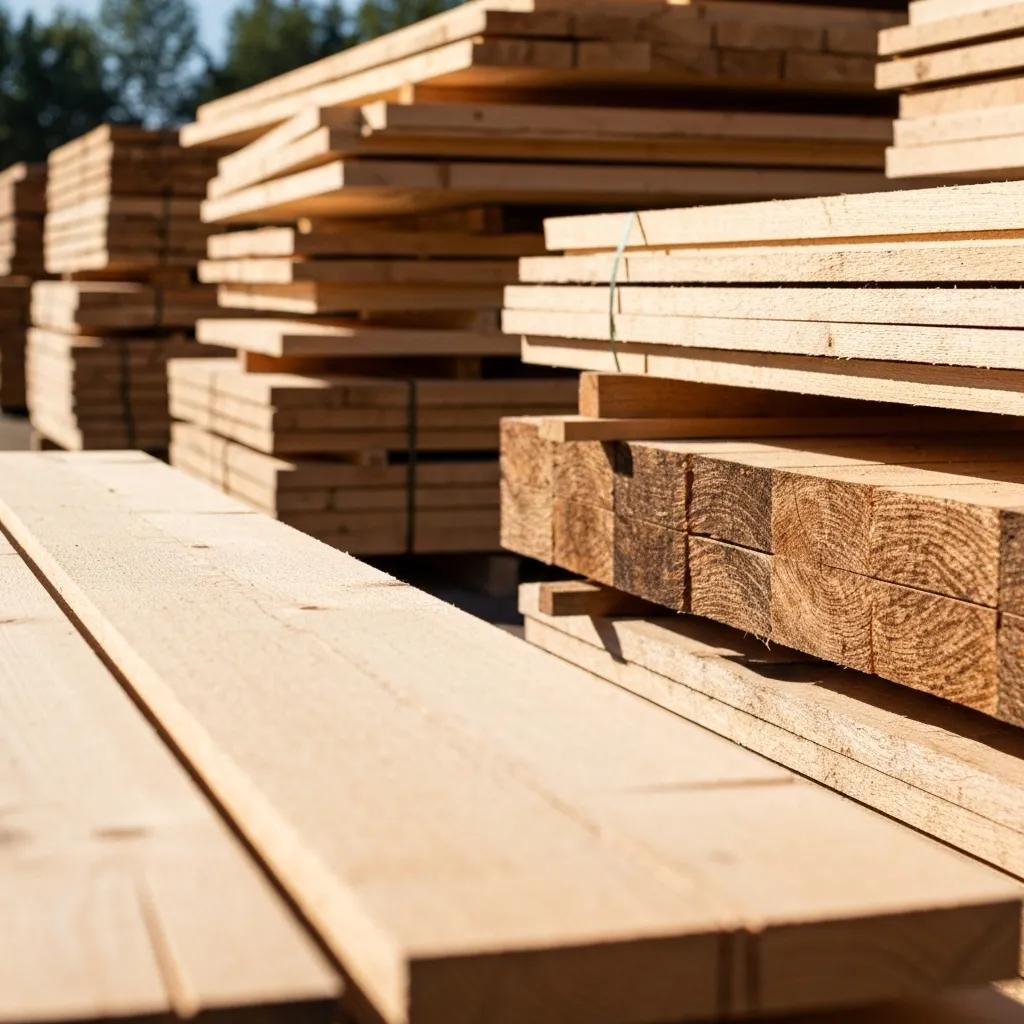
Lumber costs in Iowa hinge on species, grade, and length, with softwood framing lumber often priced lower than hardwood or engineered options. Higher demand for quality framing timber drives prices that directly influence overall construction budgets. For example, softwood framing is ideal for structural work, while hardwood is favored for finish carpentry.
The table below compares common lumber types and their average unit costs:
| Lumber Type | Grade/Category | Average Price (per board foot) |
|---|---|---|
| Softwood Framing | #2 Common | $2.75 |
| Hardwood (Oak) | Select & Better | $6.50 |
| Engineered Lumber | LVL (24 in) | $4.20 |
Softwood framing remains the most economical option for structural components, setting the stage for concrete foundation work.
How Much Does Concrete Cost for Iowa Home Construction?
Concrete pricing in Iowa varies by mix design and application, with standard slab mixes priced lower than specialty blends for driveways or exposed finishes. Ready-mix delivery fees and slump requirements also influence cost.
- Foundation Mix (4,000 psi): $120 per cubic yard
- Driveway/Sidewalk Mix: $110 per cubic yard
- Decorative/Stained Concrete: $140 per cubic yard
Foundational concrete expenditures account for a substantial portion of early-stage construction costs, leading to siding and exterior finishes next in line.
What Are the Price Ranges for Siding Materials in Iowa?
Siding options in Iowa range from economy vinyl to premium fiber cement and natural wood, each offering distinct durability and maintenance profiles:
- Vinyl Siding: $2.00–$4.00 per sq ft
- Fiber Cement Siding: $4.50–$6.50 per sq ft
- Cedar/Shake Wood Siding: $5.50–$8.00 per sq ft
Vinyl remains the cost-effective choice for many new homes, while fiber cement balances longevity with mid-range pricing.
Vertex AI Search, New Siding Cost in Des Moines, IA | Titan Roofing and Exteriors (2025)
Siding Installation in Des Moines, IA
The cost of siding replacement in Des Moines can vary significantly, with homeowners spending between $7,600 and $12,900 for a full siding replacement project. Vinyl siding is generally one of the most budget-friendly options.
How Do Roofing Material Costs Vary Across Iowa?
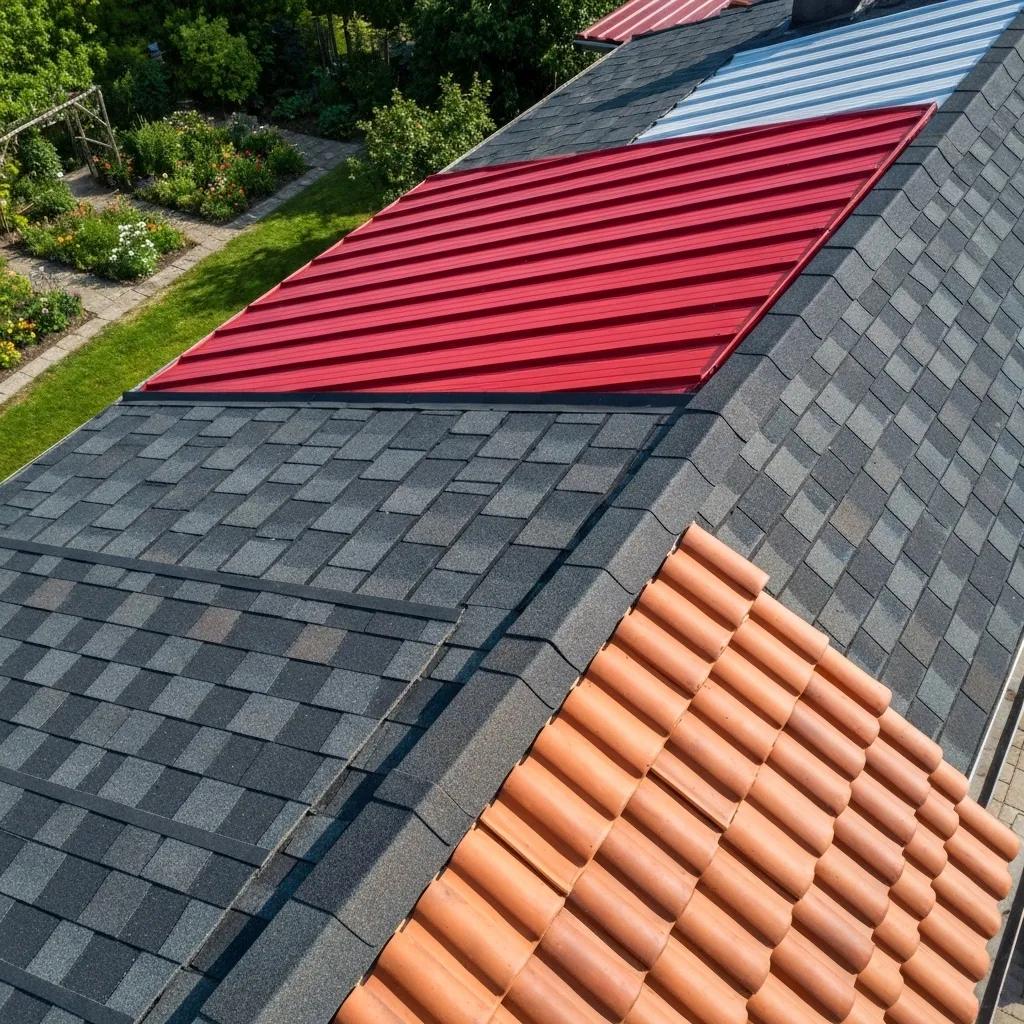
Roofing expenditures shift with material type, roof complexity, and local contractor rates. Asphalt shingles lead in popularity for budget builds, whereas metal and tile command higher premiums:
- Asphalt Shingles (30-year): $1.50–$3.50 per sq ft
- Metal Roofing (steel panels): $5.00–$7.00 per sq ft
- Clay/Concrete Tile: $7.00–$12.00 per sq ft
Asphalt shingles deliver affordability and ease of installation, setting the stage for interior finishing costs.
Vertex AI Search, Metal Roof Cost in Des Moines, IA | Titan Roofing and Exteriors (2025)
Metal Roof Cost in Des Moines, IA
On average, a metal roof in Des Moines, IA, typically costs between $10,000 and $12,000. The type of metal used can significantly impact the cost.
What Are the Average Costs for Drywall and Insulation in Iowa?
Drywall installation and insulation play a vital role in interior finishing and energy efficiency, with costs influenced by material R-values and labor rates:
- Drywall (4 ft × 12 ft sheet + installation): $15–$20 per sheet
- Fiberglass Batt Insulation (R-13): $0.40–$0.60 per sq ft
- Spray Foam Insulation (closed-cell R-21): $1.50–$2.00 per sq ft
Balancing insulation performance with budget constraints directly impacts long-term energy savings and comfort.
How Much Do Windows and Doors Cost in Iowa?
Window and door pricing depends on frame material, glass efficiency, and brand reputation. Energy Star®-rated products carry higher upfront costs but yield lower utility bills:
- Vinyl Double-Pane Window: $250–$400 each
- Fiberglass Entry Door: $800–$1,200 each
- Wood-Clad Window: $500–$750 each
Selecting high-performance windows and doors improves home comfort and aligns with sustainable building practices.
Vertex AI Search, Window Replacement in Iowa City, IA – Costs 08 / 2025 – Homeyou (2025)
Window Replacement Cost in Iowa City, IA
The average window replacement cost in Iowa City is $396 – $461. The standard price of window installation is $4,982.
Which Factors Affect Building Material Costs in Iowa?
Multiple economic, regulatory, and logistical factors converge to shape building material costs in Iowa. Recognizing these influencers allows builders to adjust budgets proactively and negotiate more effectively.
How Do Labor Costs Impact Home Building Expenses in Iowa?
Labor shortages and wage growth in Iowa’s construction sector elevate installation expenses. Increased demand for skilled carpenters, electricians, and finishers translates to 25–30% of total project costs, amplifying material expenditure line items.
What Role Do Permits and Regulatory Fees Play in Iowa Construction Costs?
Local permit fees, plan reviews, and impact assessments vary by municipality and can add $1,500–$4,000 to project budgets. Understanding county-specific regulations early prevents budget overruns and project delays.
How Does Land Acquisition Influence Overall Building Costs in Iowa?
Land prices across Iowa range from $3,000 per acre in rural counties to $50,000+ per acre in urban suburbs. Higher land investment raises the overall project budget, indirectly affecting material and labor allocations.
How Are Supply Chain Disruptions Affecting Material Availability and Prices in Iowa?
Global supply chain delays and raw material shortages can extend lead times by 2–6 weeks and increase costs by up to 10%. Early ordering and local sourcing mitigate these impacts.
What Economic Trends Are Driving Changes in Iowa’s Construction Market?
Rising inflation, fluctuating interest rates, and evolving housing starts data from NAHB influence material demand and pricing. Iowa’s residential construction sector growth forecast of 4% annually through 2026 signals sustained cost pressures.
Business Record Staff, Construction material prices up 2.5% year over year – Business Record (2025)
Construction material prices up 2.5% year over year
Construction input prices increased 0.2% in June compared to the previous month and are 2.1% higher overall than a year ago. Nonresidential construction input prices are 2.5% higher.
How Can Home Builders Save Money on Building Materials in Iowa?
Cost-saving tactics reduce overall expenses without compromising quality. Strategic planning, supplier selection, and negotiation unlock significant budget relief.
Which Local Suppliers Offer the Best Prices for Building Materials in Iowa?
Partnering with regional distributors like Mid-Iowa Lumber or Central Iowa Concrete often yields bulk discounts and reduced delivery fees. Compare quotes to secure competitive rates.
What Are the Cost Differences Between DIY and Professional Installation in Iowa?
Deciding between DIY and hiring contractors influences both material and labor budgets. The table below illustrates typical cost comparisons:
| Task | DIY Cost Saving | Professional Installation Fee |
|---|---|---|
| Drywall Hanging & Taping | $1.50 per sq ft | $2.50 per sq ft |
| Vinyl Siding Installation | $1.00 per sq ft | $2.25 per sq ft |
| Asphalt Shingle Roofing | $1.20 per sq ft | $3.00 per sq ft |
Which Sustainable and Cost-Effective Materials Are Available in Iowa?
Options like reclaimed barn wood, recycled-content fiber cement, and high-efficiency spray foam combine eco-friendly benefits with competitive pricing. Leveraging these materials supports green building goals and may qualify for incentives.
How Can Negotiating Material Prices Reduce Your Iowa Home Building Budget?
Securing multiple bids, ordering off-season, and leveraging contractor relationships often yield discounts of 5–10% on large material purchases. Proactive negotiation directly boosts project affordability.
How Do Building Material Costs Differ Across Iowa Regions?
Regional price variances reflect local labor rates, supplier density, and demand levels. Mapping these differences uncovers opportunities for savings by purchasing in one area and transporting to another.
What Are the Building Material Prices in Des Moines Compared to Other Cities?
Des Moines sees a 7–10% premium on materials due to urban demand. For example, siding costs average $0.25 per sq ft more than state rural averages.
How Do Construction Costs in Cedar Rapids Compare to State Averages?
Cedar Rapids exhibits material rates within 3% of state benchmarks, offering balanced pricing between urban and rural extremes.
What Are the Typical Material Costs in Rural Iowa Areas?
Rural counties often benefit from lower base prices but incur higher delivery and logistic fees—averaging a 5% net savings on bulk lumber but 8% extra shipping costs.
How Do Building Material Prices Vary by Iowa County?
County-level analysis reveals Woodbury and Linn counties with the highest average material costs, while Appanoose and Mahaska counties report some of the lowest rates in the state.
What Is the Future Outlook for Building Material Prices in Iowa?
Forecasting price trajectories helps homeowners lock in budgets and explore alternative materials. Iowa’s evolving economic landscape will influence costs over the coming years.
How Are Lumber Prices Expected to Change in Iowa Over the Next 5 Years?
Lumber prices may rise by 3–5% annually due to ongoing demand and limited domestic production capacity. Monitoring NAHB logging reports aids early anticipation of these shifts.
What Economic Indicators Should Iowa Home Builders Watch?
Keep an eye on NAHB housing starts, BLS Producer Price Index trends, and Iowa State University construction forecasts. These indicators signal material price fluctuations and labor market changes.
How Will Supply Chain and Labor Market Trends Influence Future Costs?
Continued supply chain realignments and a tightening labor market could add 7–12% to aggregate project costs by 2030, emphasizing the importance of early procurement and workforce development.
Frequently Asked Questions
What are the best strategies for budgeting building materials in Iowa?
Effective budgeting for building materials in Iowa involves several strategies. Start by researching current prices for essential materials like lumber, concrete, and insulation. Create a detailed list of all required materials and their estimated costs. Consider potential price fluctuations and include a contingency fund of 10-15% for unexpected expenses. Additionally, comparing quotes from multiple suppliers can help secure the best prices. Engaging with local builders or contractors can also provide insights into cost-saving opportunities and reliable suppliers.
How can I find reliable suppliers for building materials in Iowa?
Finding reliable suppliers for building materials in Iowa can be achieved through several methods. Start by seeking recommendations from local builders or contractors who have experience in the area. Online reviews and ratings on platforms like Google or Yelp can also provide insights into supplier reliability. Additionally, visiting local lumber yards and home improvement stores allows you to assess product quality firsthand. Networking within local construction forums or community groups can further connect you with reputable suppliers.
What are the environmental impacts of building materials used in Iowa?
The environmental impacts of building materials in Iowa vary significantly based on the type of materials used. For instance, traditional materials like concrete and steel have high carbon footprints due to their production processes. In contrast, sustainable options such as reclaimed wood or recycled materials can reduce waste and lower environmental impact. Additionally, energy-efficient materials, like high-performance insulation, contribute to lower energy consumption in homes. Homeowners should consider the lifecycle impacts of materials, including sourcing, production, and disposal, when making choices.
How do seasonal changes affect building material prices in Iowa?
Seasonal changes can significantly impact building material prices in Iowa. During peak construction seasons, typically spring and summer, demand for materials often rises, leading to higher prices. Conversely, during the off-peak seasons, such as winter, prices may stabilize or decrease due to lower demand. Additionally, weather conditions can affect the availability of certain materials, particularly those reliant on outdoor production processes. Planning purchases during off-peak times or taking advantage of seasonal sales can help mitigate costs.
What financing options are available for home construction in Iowa?
Home construction financing options in Iowa include traditional mortgages, construction loans, and government-backed loans. A construction loan is specifically designed for building projects and typically covers the cost of materials and labor. Once the home is completed, it can convert into a standard mortgage. Additionally, programs like FHA loans or USDA loans may offer favorable terms for eligible buyers. Homeowners should consult with local lenders to explore the best financing options tailored to their specific needs and financial situations.
What are the common mistakes to avoid when purchasing building materials?
When purchasing building materials, several common mistakes can lead to increased costs and project delays. One major error is failing to compare prices from multiple suppliers, which can result in overpaying. Additionally, not accounting for the total quantity needed can lead to shortages or excess, both of which are costly. Ignoring quality for lower prices can compromise the integrity of the build. Lastly, neglecting to consider delivery fees and timelines can disrupt project schedules, so always factor these into your planning.
How can I ensure the quality of building materials I purchase?
Ensuring the quality of building materials involves several proactive steps. First, research and select reputable suppliers known for high-quality products. Request samples or visit showrooms to assess material quality firsthand. Look for certifications or industry standards that guarantee performance, such as Energy Star ratings for windows and insulation. Additionally, consulting with experienced builders or contractors can provide insights into the best materials for your project. Finally, always inspect materials upon delivery to ensure they meet your expectations before installation.
How Much Does It Cost to Build a House in Iowa?
The average cost to build a house in Iowa ranges from $250,000 to $450,000—factoring in land, materials, labor, and permits—depending on size, material selections, and location. This total encompasses foundation work, framing, exterior finishes, and interior systems.
Vertex AI Search, How Much Does It Cost to Build a House in Iowa in 2025? (2025)
Average Cost to Build a House in Iowa
The average cost to build a house in Iowa can range from $250,000 to $450,000, depending on factors such as size, materials, and location. This total encompasses expenses like foundation work, framing, exterior finishes, and interior systems.
What Is the Average Cost Per Square Foot for Home Construction in Iowa?
Home construction in Iowa typically costs between $180 and $250 per square foot, excluding land acquisition. Variations arise from material quality, energy-efficient features, and site complexities.
Vertex AI Search, The Cost of Building a House in Iowa (IA) in 2024: A Comprehensive Guide – Richr (2024)
Cost of Building a House in Iowa
The cost of building a house in Iowa typically ranges from $150 to $200 per square foot, including materials, labor, permits, and site preparation. The cost can vary based on factors like size, location, design, materials, and labor costs.
Vertex AI Search, How Much Does It Cost to Build a House in Iowa? (2025) | Today’s Homeowner (2025)
Home Construction Costs per Square Foot
Home construction costs in Iowa vary by location but generally remain more affordable than the national average, with prices ranging from $100 to $476 per square foot depending on the city. The average cost to build a house in Iowa is between $165,000 and $663,000, depending on size, materials, and customization.
Are Building Material Prices Going Down in Iowa?
While some material segments like steel have stabilized, most building material prices in Iowa remain on a gradual upward trend due to inflationary pressures and supply chain constraints.
What Are the Cheapest Building Materials Available in Iowa?
Economy vinyl siding, standard asphalt shingles, and #2 common softwood framing lumber stand out as the most cost-effective material options for budget-conscious builds.
How Much Does a Custom Home Cost to Build in Iowa?
Custom home projects in Iowa generally start at $300 per square foot and can exceed $400 per square foot based on bespoke design elements, high-end material choices, and specialized craftsmanship.
Balancing transparency in pricing with strategic planning empowers Iowa homeowners to make informed decisions. For deeper guidance on every stage of your build, explore our Home Building resources at The Busy Builders.
